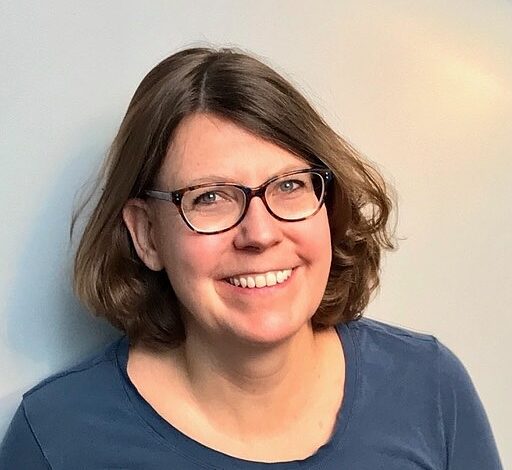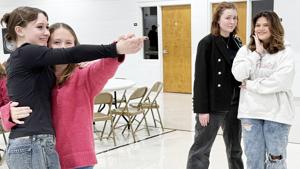Kindness Movement Gains Momentum: Transformative Stories Emerge

URGENT UPDATE: New insights reveal the transformative power of kindness, showcasing how simple acts can change lives and strengthen communities. A recent discussion led by Melinda Burrell, Ph.D., highlights powerful stories of individuals leveraging their influence to help others, sparking a movement aimed at healing divisions and fostering compassion.
In one compelling case, a tenant who faced job loss and financial hardship found hope through mediation. After falling behind on rent and struggling with substance abuse, she turned her life around and regained employment. During mediation, she apologized but expressed uncertainty about repaying her debts. Instead of pursuing eviction, the landlord’s lawyer, after a brief consultation, proposed a creative solution that benefited both parties, allowing the tenant to maintain her recovery while addressing her obligations.
Meanwhile, Burrell shared another inspiring story involving a local business owner in Los Angeles. Struggling with a homeless individual at his store’s entrance, the owner initially considered eviction. However, after a suggestion from Burrell’s mediation team, he offered the man coffee and $5 to help keep the area clean. Just weeks later, the business owner reported that the homeless man became a guardian of the storefront, positively impacting both their lives.
These narratives exemplify the science of kindness, which research shows can be just as beneficial to the giver as to the recipient. Acts of kindness activate the brain’s reward centers, resulting in increased levels of “feel-good” hormones such as serotonin and dopamine, while simultaneously lowering stress markers like blood pressure and cortisol. This phenomenon, often referred to as a “helper’s high,” creates a ripple effect that can spread through communities.
A recent study from UCLA further underscores this point. Participants who viewed a video depicting a young man regularly helping others donated 25% more to a hospital than those who watched an athletic performance. This demonstrates the contagious nature of kindness, suggesting that witnessing altruistic behavior inspires others to act similarly.
According to researcher Helen Weng from the University of Wisconsin-Madison, kindness can be cultivated like a muscle through practice, enhancing individuals’ capacity for compassion. “It’s kind of like weight training,” Weng stated, emphasizing the potential for people to develop a stronger desire to help others.
The implications of these findings are profound. Every individual, whether a business owner, lawyer, parent, or neighbor, possesses the power to foster kindness in their communities. By modeling this behavior, we can collectively enhance our mental health and create a more compassionate society.
As this kindness movement gains traction, Burrell urges everyone to recognize their ability to affect positive change. “When we use our power to help others, we not only uplift them but also enrich our own lives,” she states.
The time for action is now. As communities face challenges of division and conflict, the call for kindness has never been more urgent. Engage with your neighbors, support local initiatives, and consider how your position can contribute to a culture of care. Share these stories and inspire others to join this vital movement.
Stay tuned for more updates as this developing story unfolds and more individuals unite to promote kindness and compassion across the globe.






